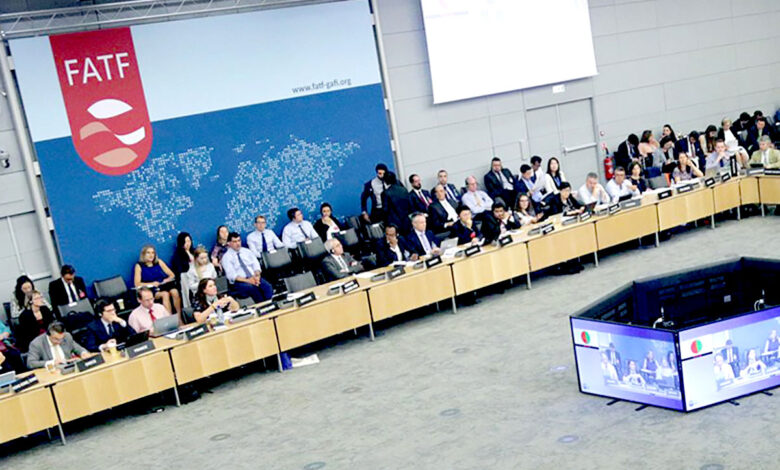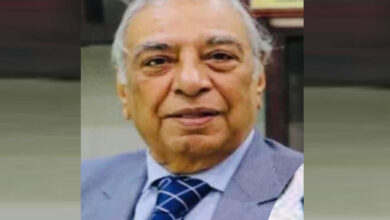BUSINESS
Pakistan is retained on the FATF’s grey list.

ISLAMABAD, Pakistan –In spite of Pakistan’s “persistent political commitment” to its action plan, the Financial Action Task Force (FATF) kept the country on its “grey watch list.”
The declaration came after the completion of the FATF’s sixth plenary session.
The FATF commended Pakistan for making “substantial progress” in completing the needed action items. “Since June 2018, when Pakistan made a high-level political commitment to work with the FATF and APG to strengthen its anti-money laundering/counter-terrorist financing regime and address strategic counter-terrorist financing deficiencies, Pakistan’s continued political commitment has resulted in significant progress on a comprehensive counter-terrorist financing action plan,” the statement stated. “Pakistan has achieved 26 of the 27 objectives outlined in its 2018 action plan.”
A group called the FATF asked Pakistan to quickly solve the last problem by proving that terrorist funding investigations and prosecutions target top leaders and commanders of UN-designated terrorist groups.
Pakistan’s 2019 APG Mutual Evaluation Report (MER) had a lot of flaws, and in June 2021, Pakistan said it was going to work hard to fix them by putting together a new action plan to fight money laundering, it said.
The FATF said Pakistan has taken swift action to strengthen its anti-money laundering and counter-terrorist financing regimes, completing six of the seven action items ahead of any applicable deadlines. This includes proving that it was making sanctions more effective by nominating people and groups for UN designation and restraining and confiscating the proceeds of crime in line with Pakistan’s risk level.
By having a good and consistent record of pursuing complicated money laundering investigations and prosecutions, it made Pakistan want to keep working on the last thing on its 2021 action plan.





